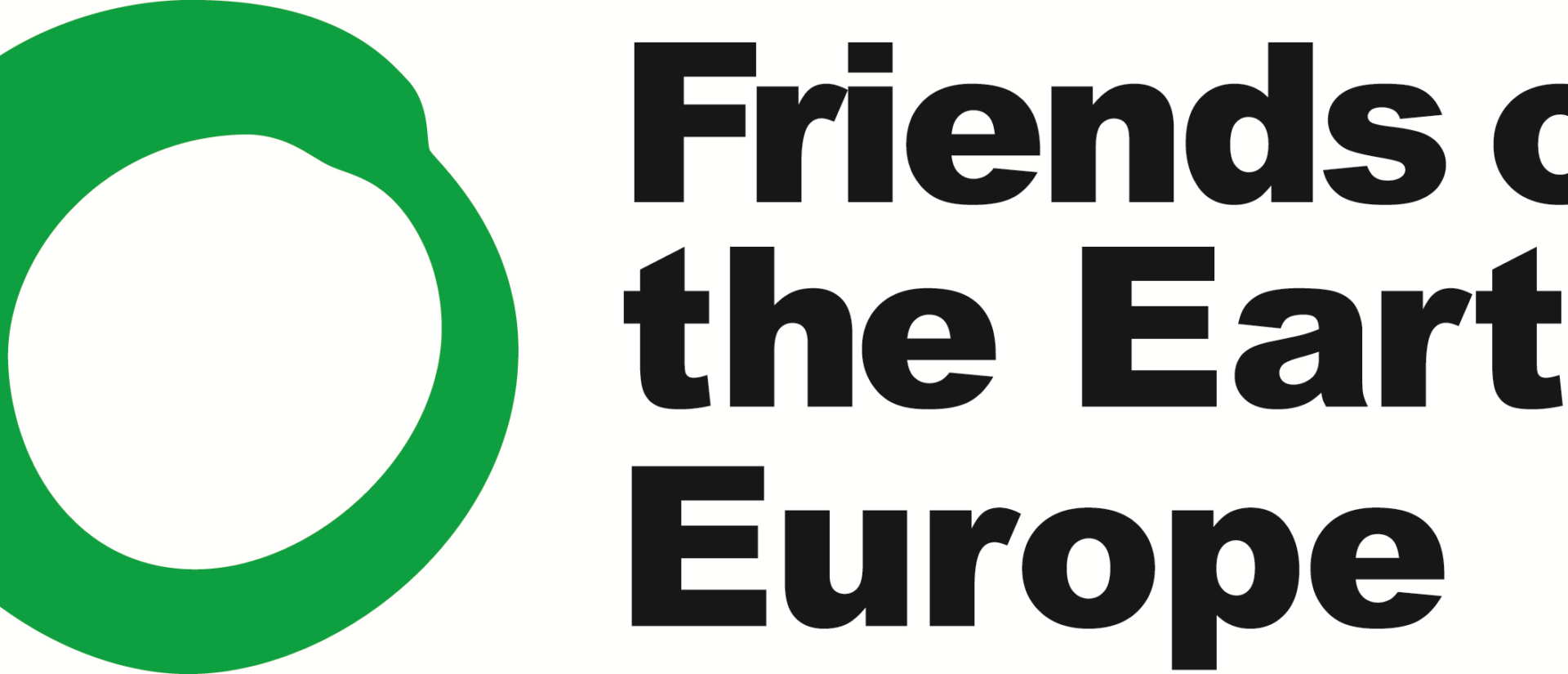
SOMO’s partner in the Treaty Alliance: Friends of the Earth Europe
In October, the United Nations will negotiate a binding treaty which could hold multinationals responsible for environmental and human rights abuses. Anne van Schaik, corporate accountability campaigner at Friends of the Earth Europe, is one of the leading voices of the ‘Treaty Alliance’, an international group of NGOs, which SOMO is also part of. This alliance has been lobbying for a legally binding treaty for years.
The Treaty Alliance was started in March 2014, aimed at a binding UN treaty that obligates businesses to respect human rights, no matter where in the world they operate. Many voluntary standards and guidelines presently exist, and companies also have their own codes of conduct. Unfortunately, these are not sufficiently effective. Various NGOs have already submitted several complaints to the OECD (Organisation for Economic Cooperation and Development) in the past, with limited success.
‘At present, corporations can scarcely be confronted.’ And that is precisely the problem, according to Van Schaik: ‘Businesses are happy to sign all kinds of voluntary initiatives, but in reality we see that those businesses in particular are the ones that are guilty of violating environmental regulations or human rights, and are involved in projects where people are intimidated, or even where fatalities occur.’
UN treaty is urgently needed
Distressing news of human rights and environmental abuses by businesses is received every week. Because the existing regulations are voluntary, businesses are not sufficiently motivated to comply with them.
‘Of course, you can go a long way with campaigning, publishing reports, approaching the media or speaking to politicians, but it could take years before you can actually censure a company, such as via the courts. This also requires an enormous amount of time, patience and financial means. Organisations such as Milieudefensie [Friends of the Earth Netherlands] have a network for this in any case, and thus also greater means to actually take such a company to court, but this is not true for a Nigerian farmer without any connections, whose water has been polluted by Shell.’
In Nigeria alone, more than 500 lawsuits have already been brought against Shell. These procedures frequently take years and the victims often even die while the process is still ongoing.
‘That’s why in the first place it’s vital that national laws are properly implemented, so that people have access to justice in their own country. If that doesn’t work, there must be an authority that these victims ultimately can turn to and be heard. The UN treaty could offer a solution. There is also much complementarity between this UN treaty and the UN Guiding Principles. We think that this can be better enforced via a UN treaty, so that people truly have access to justice.’
Collective lobbying with the ‘Removing Barriers to Justice’ report
In order to ensure that an effective UN treaty is agreed, several organisations, including SOMO and Friends of the Earth Europe, commissioned the report, ‘Removing Barriers to Justice’. The various cases in the report show why it is essential to improve access to justice for people whose rights have been violated by large multinationals.
‘Friends of the Earth is extremely happy with this report. We can take this to European decision-makers and show why it’s so important that this UN treaty with binding regulations for businesses is approved. The European Union will be present at the negotiations at the UN level but they actually have little interest in contributing to this.’
Friends of the Earth and SOMO recently presented the report at the Human Rights Council of the European Union and have also sent it to members of the Dutch House of Representatives, the European Parliament and the European Commission.
Anne van Schaik is optimistic: ‘Never before have negotiations taken place on a similar treaty at the UN level; this is really a historic opportunity to rectify the present impunity of internationally operating businesses.’
Enthusiasm for this treaty from the South is immense. People are now coming to the United Nations from local communities, villages that have long been under threat. For the first time, they have the feeling that a treaty will be signed which can really improve their lives.
‘It is unique to fight for a treaty that is getting most of its thrust from groups in the South. That is really a good feeling.’
Read more about the Treaty Alliance.(opens in new window)
Related news
-
 CSDDD Datahub reveals law covers fewer than 3,400 EU-based corporate groupsPosted in category:News
CSDDD Datahub reveals law covers fewer than 3,400 EU-based corporate groupsPosted in category:News David Ollivier de LethPublished on:
David Ollivier de LethPublished on: -
 Additional evidence filed against Booking.com for profiting from illegal settlementsPosted in category:News
Additional evidence filed against Booking.com for profiting from illegal settlementsPosted in category:News Lydia de LeeuwPublished on:
Lydia de LeeuwPublished on: -
 The hidden human costs linked to global supply chains in ChinaPosted in category:News
The hidden human costs linked to global supply chains in ChinaPosted in category:News Joshua RosenzweigPublished on:
Joshua RosenzweigPublished on:

